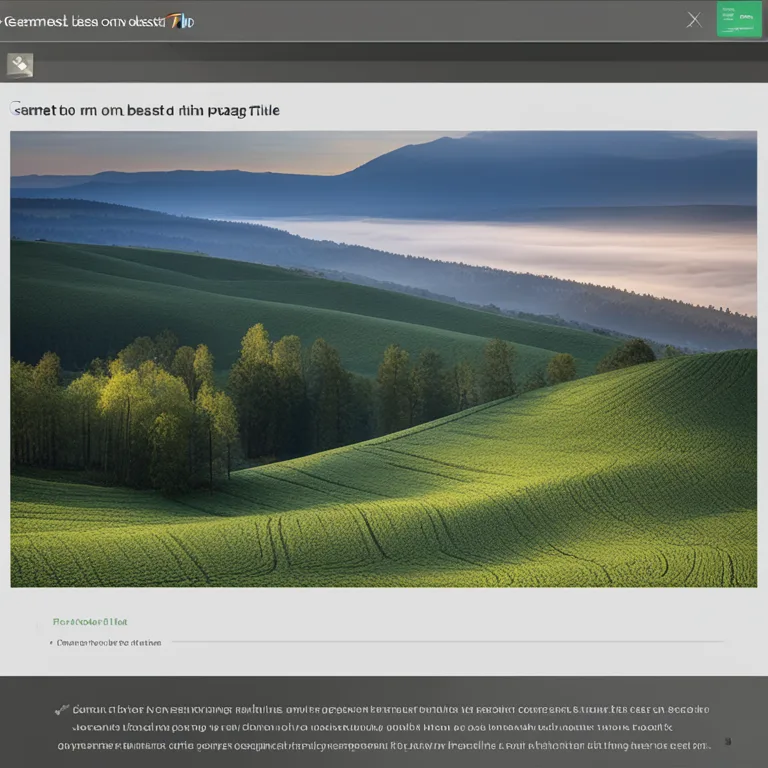
Mindful Moments in Medicine: Meditation for Healthcare Workers
Discover how mindfulness meditation can offer a refuge for healthcare professionals, enhancing their wellbeing and patient care.
article by Hina Kurosawa
A Crucial Balance: Healthcare and Self-Care
In an era where healthcare workers face unprecedented pressures, the cultivation of personal wellbeing has transitioned from a luxury to a necessity. Mindfulness meditation stands out as a beacon of refuge amidst the hectic corridors of medical facilities. The practice encourages individuals to ground themselves in the present moment, fostering a sense of calm and clarity that can greatly enhance professional performance as well as personal fulfillment.

The Science of Mindfulness
Recent studies have shown that mindfulness strategies can significantly reduce stress, anxiety, and burnout amongst medical professionals. Long shifts and emotionally taxing work can result in high levels of fatigue. Mindfulness interventions, tailored for healthcare settings, have demonstrated improvements in focus, emotional regulation, and job satisfaction—essential components for providing high-quality care.

Integrating Practice into Routine
The notion of integrating mindfulness into a busy healthcare routine may seem daunting at first, yet the flexibility of mindfulness makes it an accessible tool for all. Even brief sessions of meditation can yield measurable benefits, conducive to the workflow of medical professionals. The inclusion of mindfulness training in healthcare education has become more common, equipping new generations of workers with resilience from the outset of their careers.

Enhancing Patient-Centered Care
Mindfulness does more than improve practitioner wellbeing; it has the power to transform patient care. A mindful approach to medicine promotes empathy and attentiveness, leading to better patient-practitioner relationships. The heightened awareness can also enhance decision-making and diagnostic accuracy, ultimately affecting the efficacy of treatment and patient outcomes.

Making Mindfulness Accessible
With the rise of digital health technologies, mindfulness resources have become more accessible than ever. Online platforms, apps, and virtual reality experiences are offering new ways for healthcare workers to engage in mindfulness practice. These tools can offer guided meditations, peer support, and progress tracking, helping to embed mindfulness within daily life both inside and out of clinical environments.
The Path Ahead
Looking to the future, the integration of mindfulness into healthcare settings seems poised to evolve further. Research continues to validate its benefits, and healthcare systems globally are beginning to prioritize the mental health of their caregivers. The conversation around mindfulness in medicine is expanding, creating an environment where self-care and professional care are inextricably linked.
Published: 1/8/2024
Modified: 1/8/2024
More predictions
Come back here soon to learn more about yourself and your future


Can Meditation Alleviate Symptoms of Depression?
Delve into the therapeutic potential of meditation for managing depression and enhancing mental well-being in this insightful article.


Easing Pain with Meditation: Effective Techniques
Discover effective meditation techniques to manage pain and enhance well-being. Learn how to harness the power of mindfulness and visualization for relief.


The Power of Meditation: Enhancing Life with Inner Peace
Discover the profound benefits of meditation techniques for mental clarity, emotional balance, and overall wellness.